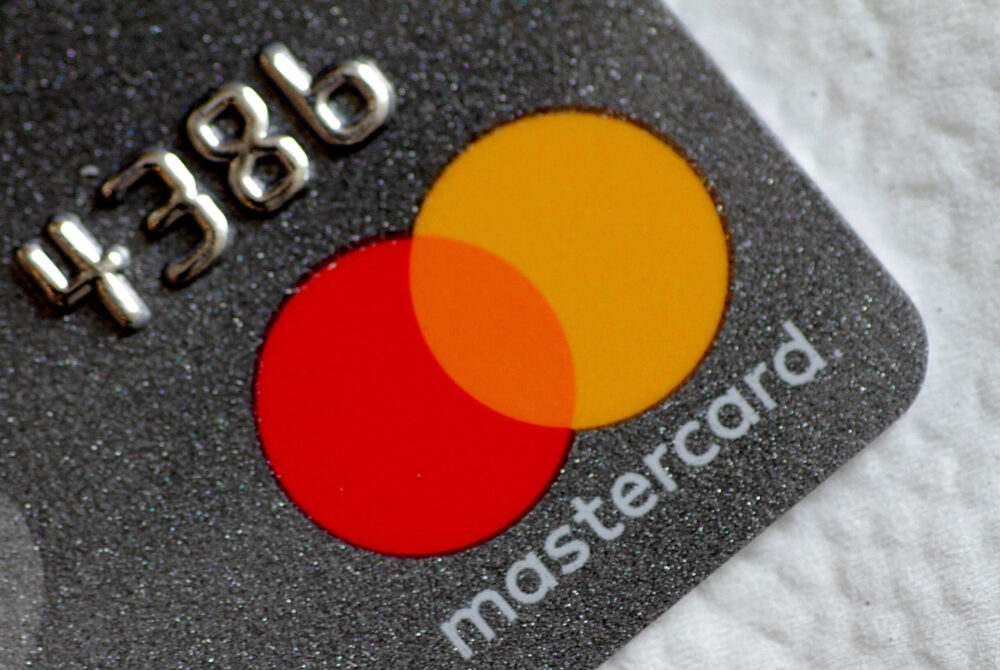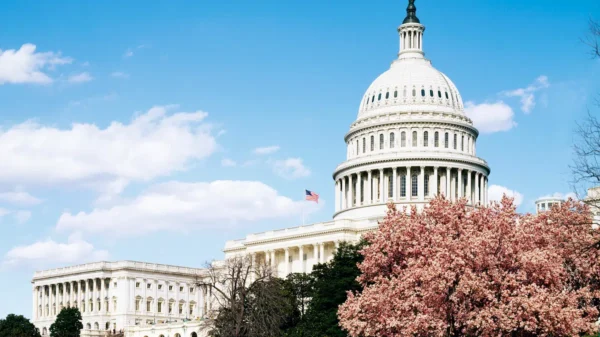Mastercard MA (NYSE: MC) has launched its new global capabilities in support of its stablecoin payments across its vast merchant network, according to a release on Monday.
The payments giant is partnering with crypto exchange OKX to launch the “OKX Card,” which links crypto trading and Web3 activities to everyday spending.
Additionally, merchants will soon settle transactions directly in stablecoins such as Circle’s USDC through collaborations with Nuvei and Circle. Paxos will also support this initiative by extending the service to other stablecoins, for example, USDP.
A stablecoin is a type of cryptocurrency designed to maintain a steady value by pegging it to a reserve asset, such as the US dollar or gold. This stability helps reduce the price volatility often seen in other cryptocurrencies like Bitcoin.
Stablecoins are commonly used for everyday transactions, cross border payments, and as a way for traders to move in and out of volatile crypto markets without converting back to traditional currencies. Furthermore, businesses are increasingly adopting stablecoins to settle payments quickly and at lower costs compared to traditional banking.
Mastercard’s initiative supports the full range of stablecoin use cases, from wallet enablement and card issuance to merchant settlement and on-chain remittances. For example, the company has previously partnered with crypto exchanges like Kraken, Binance, and Crypto.com.
Read more: 3iQ Solana ETF draws big name investment from Ark Invest, passes CAD$90 million
Read more: CoreWeave expands high performance computing capacity with Texas colocation deal
Visa and Mastercard have not always been crypto friendly
Last year, Mastercard launched Crypto Credential, a service that simplifies sending digital assets across borders using verified usernames. Additionally, in 2023, Mastercard introduced its Multi Token Network (MTN) to enable real-time settlements and redemptions of tokenized assets. Furthermore, in February, Ondo Finance became the first provider to bring real-world assets to the network.
Visa and Mastercard have not always been crypto friendly. In fact, both companies initially viewed Bitcoin and blockchain technology with caution, largely due to concerns over regulation, volatility, and fraud. For example, in the early 2010s, Visa and Mastercard banned many crypto related transactions on their networks. However, as blockchain technology matured and stablecoins emerged, their stance began to shift.
Today, both companies are actively exploring ways to integrate blockchain with traditional payment systems. Mastercard, for instance, has forged previous partnerships with exchanges like Kraken and OKX to offer crypto linked cards. Additionally, Visa has started several pilot programs using stablecoins for faster cross-border payments. These moves signal a broader acceptance of blockchain’s potential to enhance payment speed, transparency, and security.
Furthermore, Visa and Mastercard are investing in blockchain research and developing infrastructure that could support tokenized payments in the future. While skepticism remains, their growing involvement highlights how blockchain and credit cards are slowly converging to reshape financial transactions.
.














